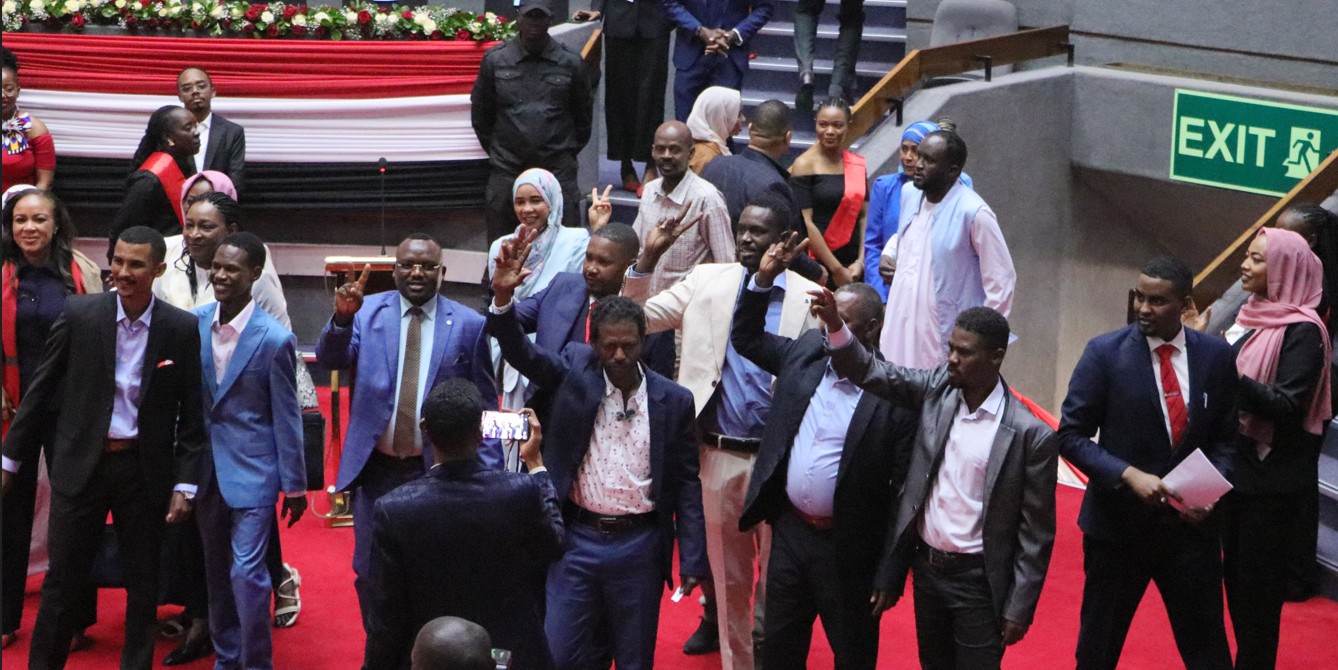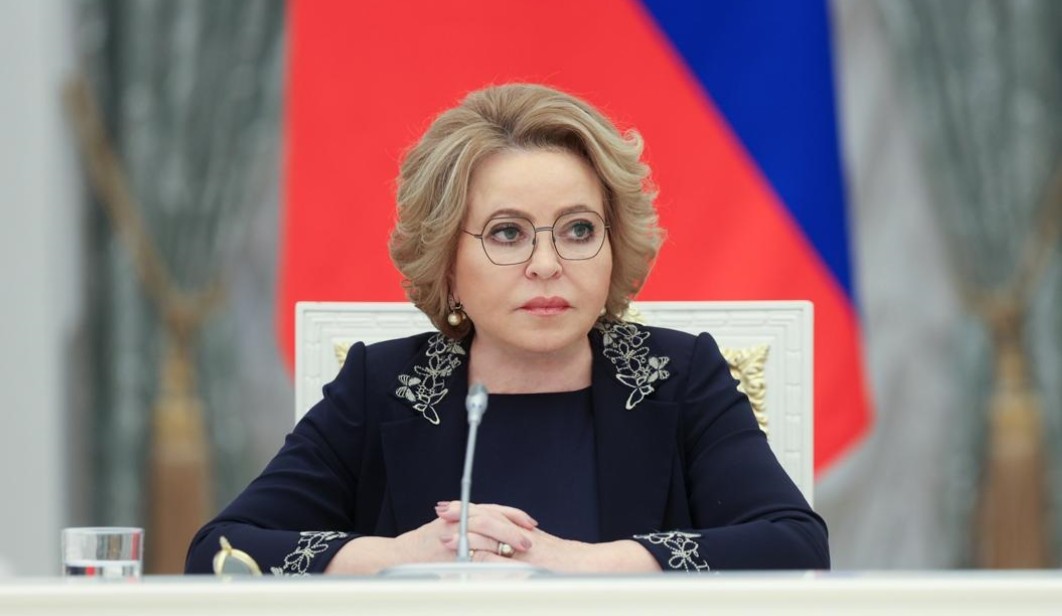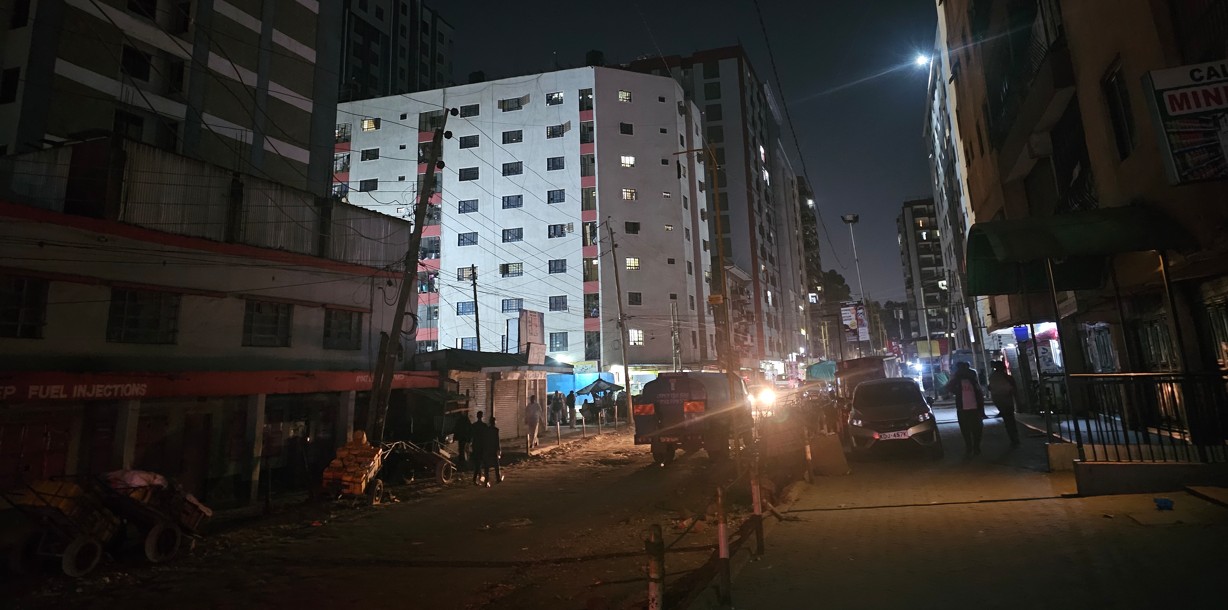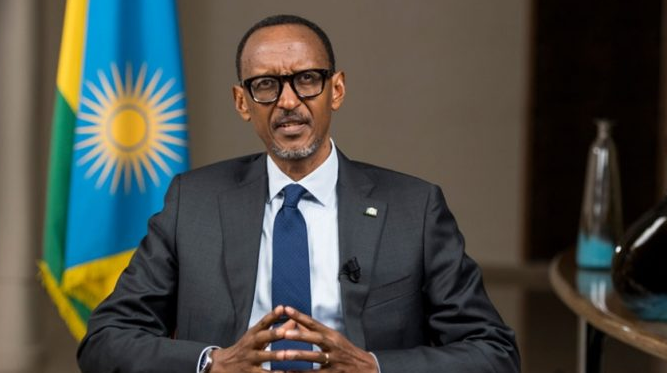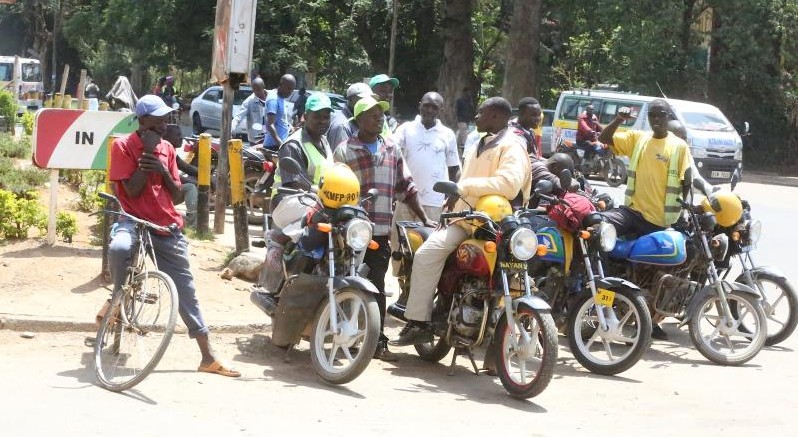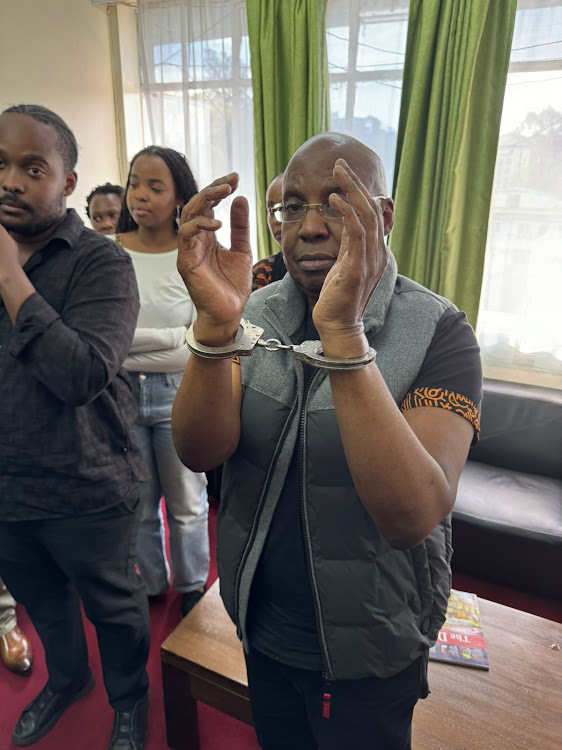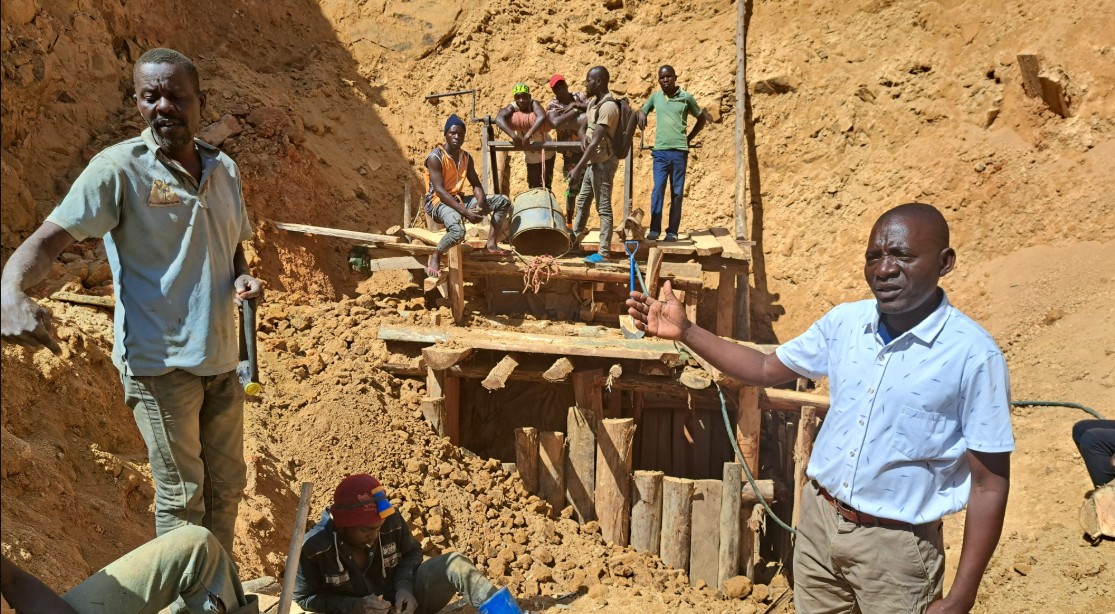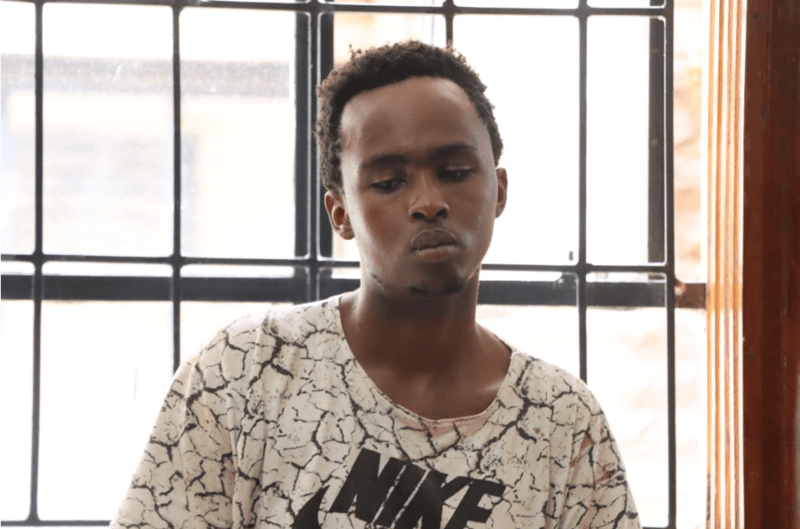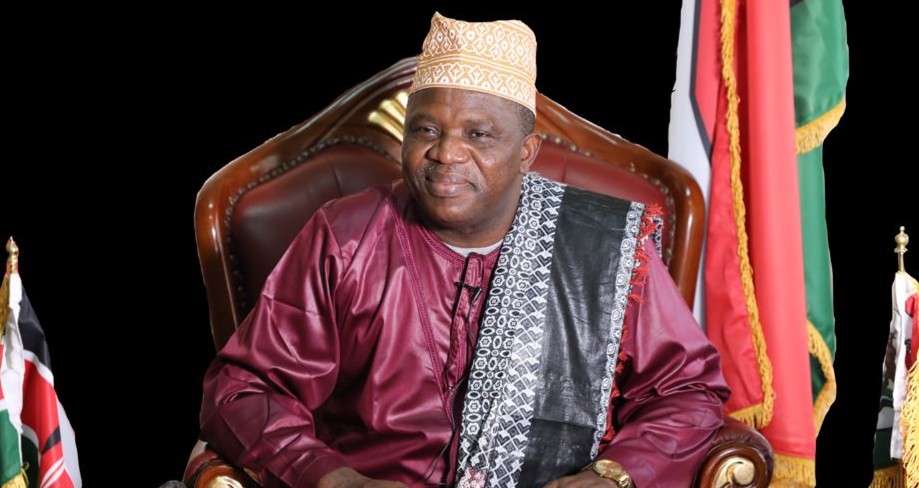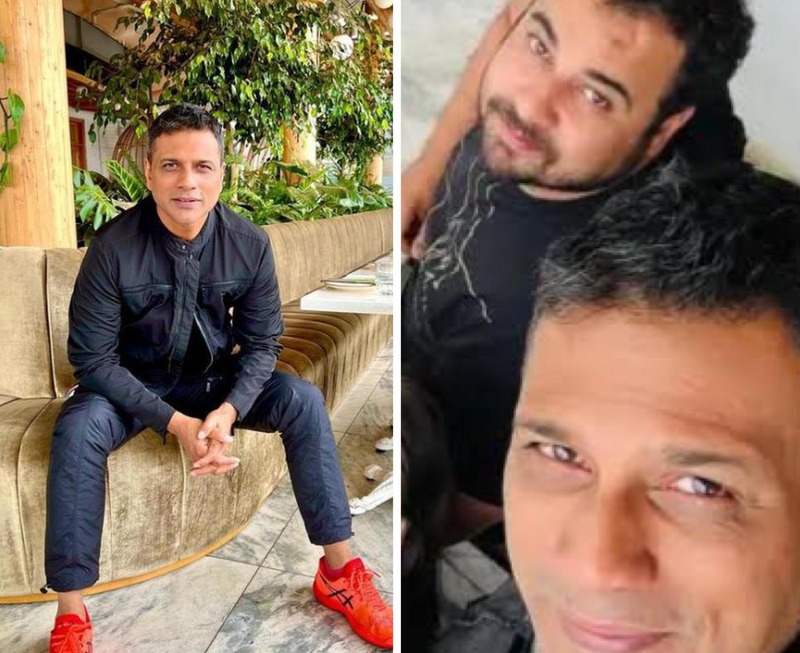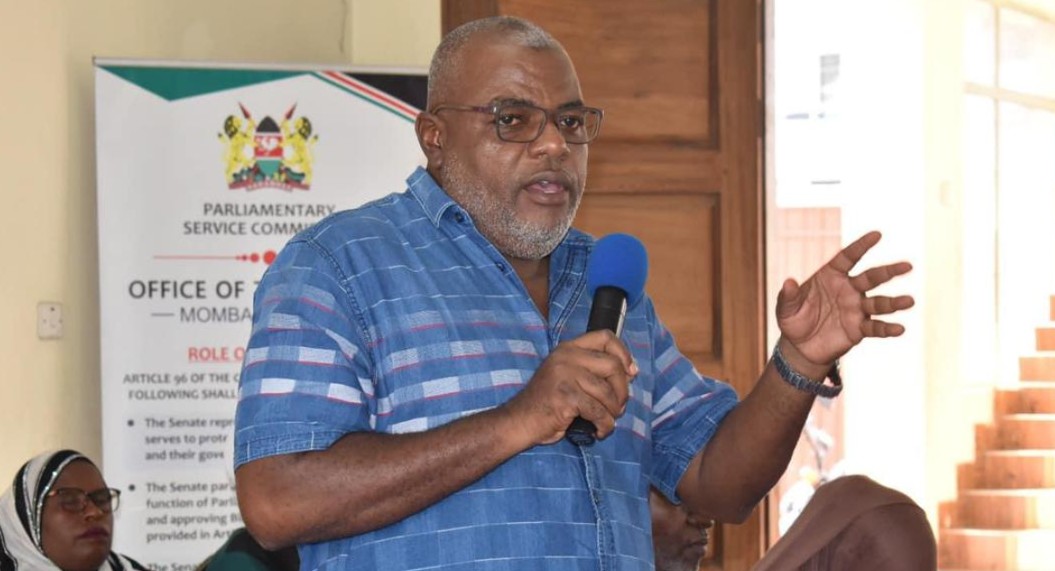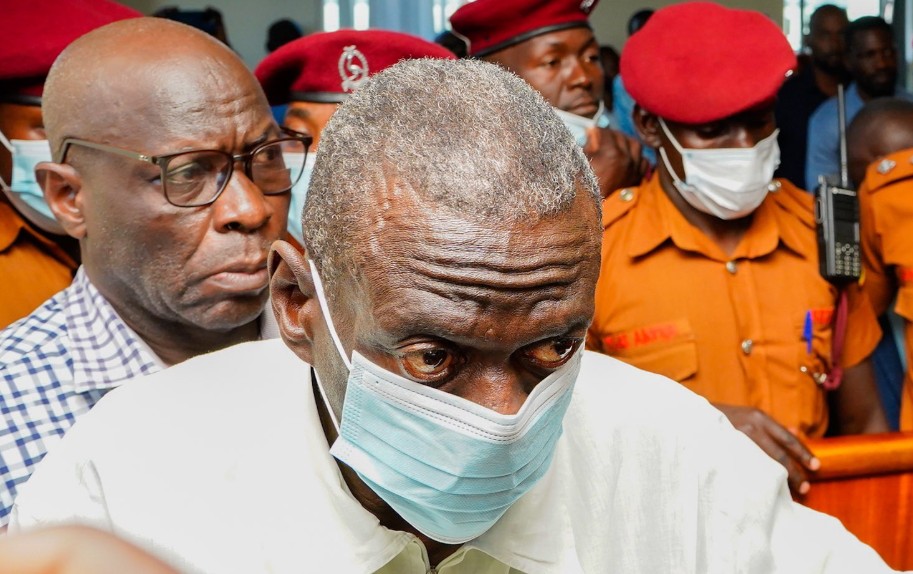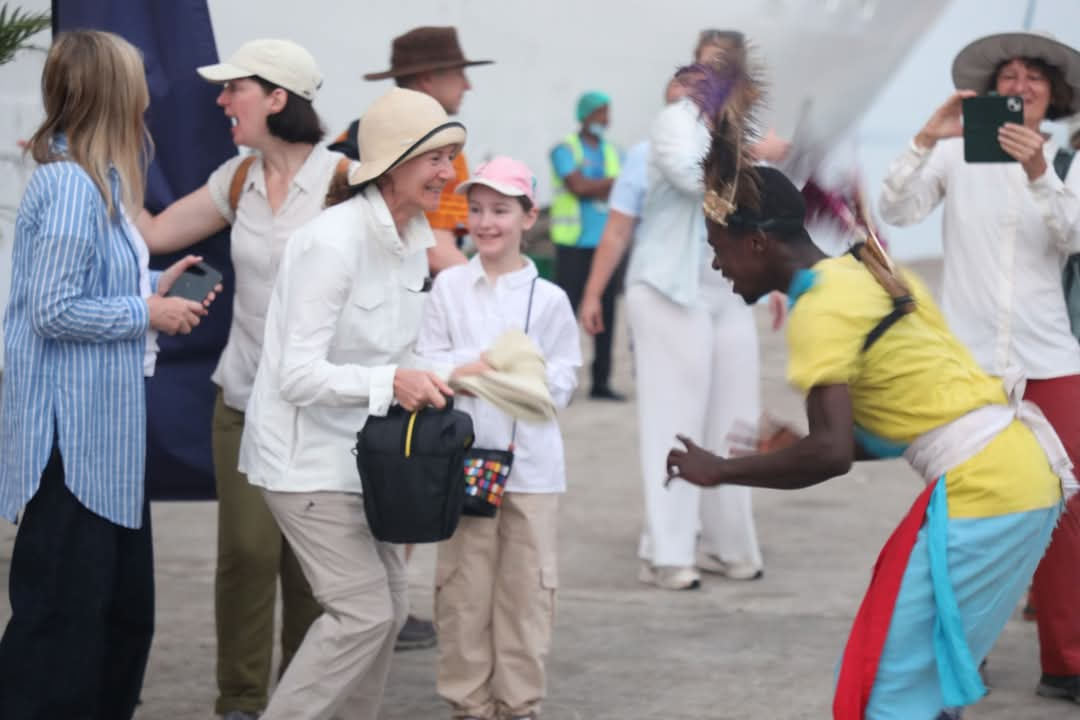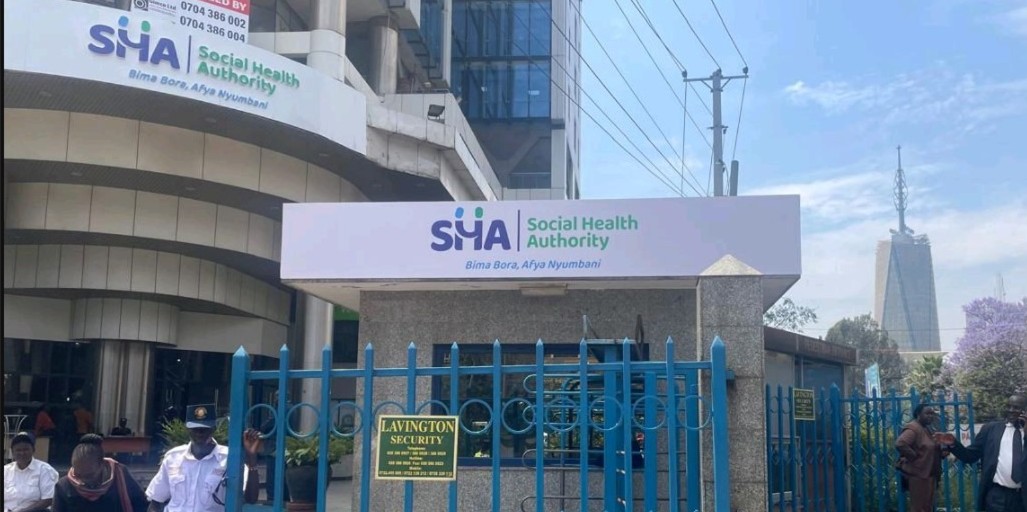Kenya seeks Sh24.9 billion to replace US funding following aid freeze
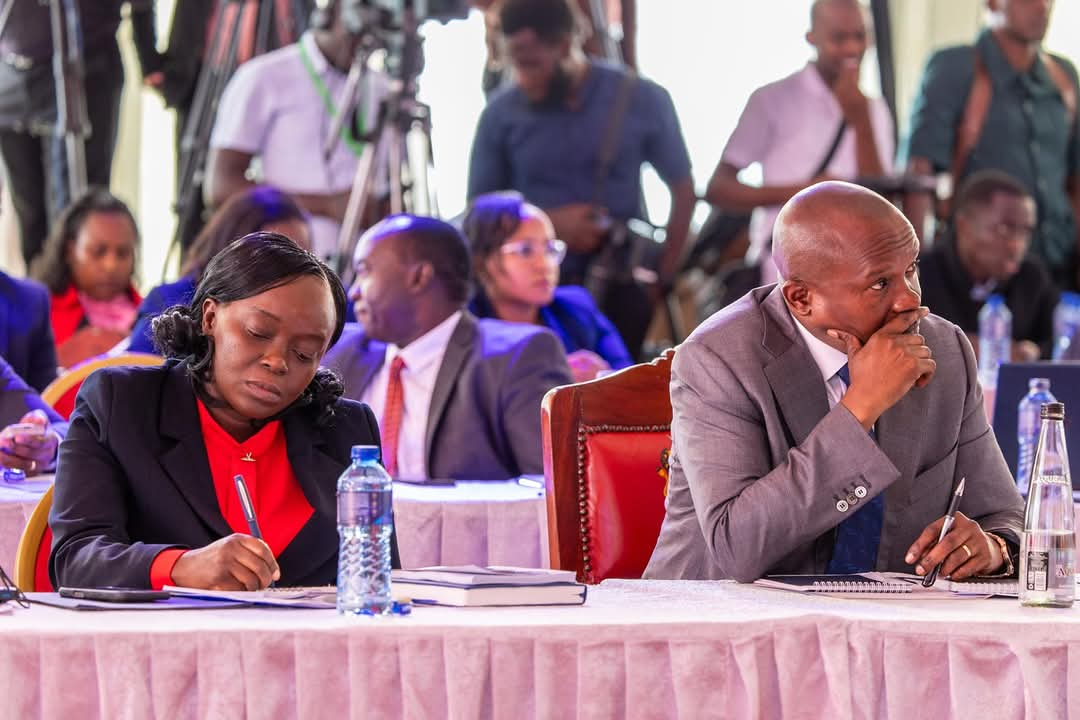
Additionally, Sh2.5 billion is needed to secure GAVI vaccines, in light of disruptions caused by the U.S. aid freeze.
The Kenyan government has revealed that it urgently requires Sh24.9 billion to replace funding from the United States government following a freeze on foreign aid by President Donald Trump's administration.
The announcement was made during a consultative forum on the implementation of Universal Health Coverage (UHC) held on Monday, and chaired by Deputy President Kithure Kindiki.
More To Read
The forum highlighted critical financial gaps in the healthcare sector, particularly the immediate need for funding to sustain essential health services.
Ministry of Health Cabinet Secretary Deborah Barasa disclosed that the Ministry is seeking an immediate Sh 2 billion disbursement to address these gaps.
Additionally, Sh2.5 billion is needed to secure GAVI vaccines, in light of disruptions caused by the U.S. aid freeze.
"The Ministry of Health is seeking an urgent disbursement of Sh 2 billion to cover gaps in healthcare services. This is in addition to the Sh2.5 billion needed for GAVI vaccines," Barasa said.
Health data systems
The freeze in U.S. aid has also affected key health data systems. The transition funding for systems like the Kenya Electronic Medical Records (Kenya EMR) and the Kenya Health Information System (KHIS) stands at Sh 139 million.
Furthermore, changes in the President's Emergency Plan for AIDS Relief (PEPFAR) funding have impacted the livelihoods of 41,547 healthcare workers across the country. The government, however, plans to retain 11,059 frontline health workers for Sh5.84 billion.
"We have to ensure the retention of at least 11,059 frontline health workers to maintain service delivery," Barasa noted.
Beyond the immediate Sh24.9 billion required to replace U.S. funding, the Health Ministry is also seeking an additional Sh2.8 billion to sustain blood transfusion services, as World Bank funding is set to end in March 2025.
Another Sh11.6 billion is needed to support immunization and vaccines, with GAVI support facing uncertainty.
Additionally, the Ministry needs Sh1.74 billion for family planning programs and Sh4.96 billion for nutrition, with Sh2.88 billion at risk due to cuts in U.S. funding.
The financial strain comes after U.S. President Donald Trump signed an executive order on January 20 halting all foreign development aid for 90 days.
The decision was made to assess the "efficiency and consistency" of U.S. foreign policy programs.
Kenya's Foreign Affairs Principal Secretary, Korir Sing'Oei, warned that the freeze could have severe consequences for African countries.
"The announced pause to US Foreign Assistance will unfortunately impair the ability of many African countries to meet health and other targets and undermine the realization of SDGs," Sing'Oei said.
This freeze on U.S. aid has raised alarms in many African nations, as it threatens to derail progress toward the United Nations' Sustainable Development Goals (SDGs), particularly in the health sector.
Top Stories Today


